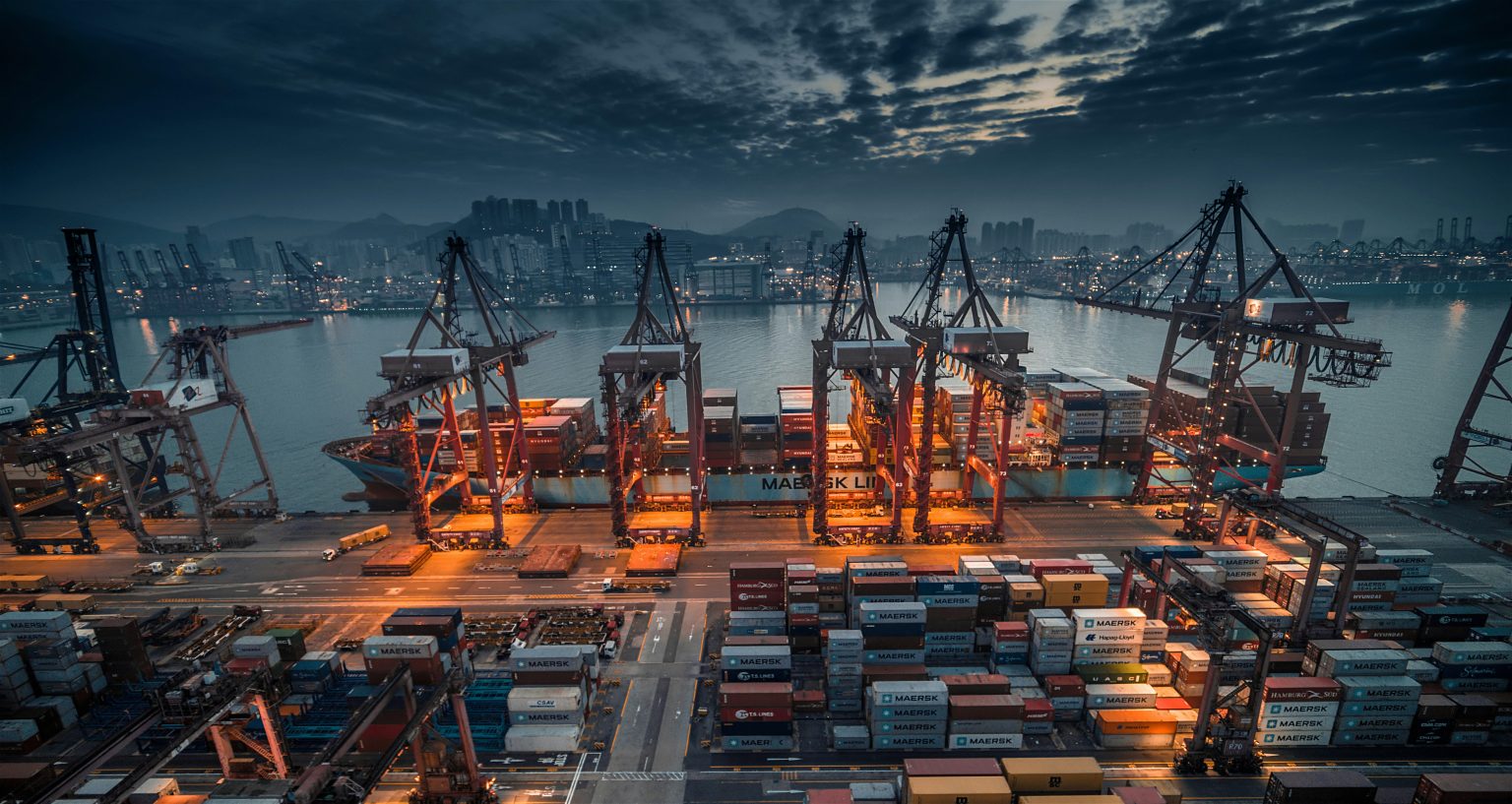Modern global economic operations function because of efficient logistics that enables international trading activities. The operation of container handling systems plays the essential role to facilitate efficient goods movement through ports and warehouses as well as transportation networks. Modern loading and transporting systems composed of sophisticated cranes combined with automated vehicles and forklifts transformed container management operations. Container handling systems represent a critical part in modern operations because they cut operational expenses parallel to delivering enhanced security as well as productivity improvements. Vako Container Handling along with other leading companies represents the forefront of logistics innovation as they lead the logistics industry toward modern connected operations.
What Are Container Handling Systems?
These programs include specialized tools and operation procedures that run shipping container management processes. Grouped systems operate at ports together with warehouses and logistics hubs to accomplish quick container transport between trucks trains and ships. The management and transportation systems use cranes together with straddle carriers and forklifts and automated guided vehicles (AGVs) to operate on containers that vary in size and weight. These systems boost operational efficiency through automated task operations while providing minimum human error potential. Vako Container Handling delivers innovative solutions that optimize operations while enhancing logistics safety and speed up delivery times on behalf of the logistics sector.
Evolution
The introduction of shipping container standards during the mid-20th century transformed world trade operations because it led to the development of container handling systems. The handling of containers depended on human operators and fundamental tools at first since both methods were slow and physically demanding for the workers. The industrial sector underwent a major transformation when technology became available. The shipment process experienced a fundamental shift when gantry cranes and straddle carriers were introduced followed by automated stacking cranes (ASCs) entering the market. Modern systems adopt modern technologies such as artificial intelligence (AI) and the Internet of Things (IoT) along with robotics to achieve time-based tracking and preventive maintenance and completely automated functions. The company Vako Container Handling takes the lead by creating solutions that deliver enhanced operational efficiency together with environmental improvement benefits. Modern ports alongside logistics hubs operate at new heights of speed and safety because of the continuous advancements in these systems.
Benefits
Modern systems offer so many advantages that an industry as complex as logistics would easily transform for the better. Automated systems provide two important benefits which include the streamlining of container handling processes and the improved efficiency of manual processes. Organizations benefit from shorter transit times at their facilities which translates to products reaching customers quicker. People’s operational safety is aided by reduced basic safety requirements in dangerous environments where humans are required to perform heavy lifting activities like company container handling. Significant lower costs as a result of automation provide greater resources while drastically economizing on human made mistakes which is what causes costly delay incidents. Modern industries have addressed the container handling needs for transportation, manufacturing and e-commerce for their continual business expansion. Vako Container Handling and many other companies offer advanced technology solutions which improve business processes to remain competitive in the face of market changes.
Challenges and Future Trends
The integration of modern technology comes with its own set of issues within the logistical systems, despite having multiple advantages. Their automated equipment and infrastructure acts as a barrier due to the fact that there is a necessity for capital investments to be made beforehand. Certain firms encounter issues for the reason that there is a need for skilled personnel to operate and support the company’s technological systems. Business activities could be suspended due to the technical issues that occur during operations because of the required maintenance and system shutdowns. There are fully automated ports under construction which is a positive indicator for the future of industry, along with remote renewable energy integrated systems combined with predictive AI maintenance functionality. The new transportation systems set out to address existing problems by providing clean logistics along with energy efficiency. It is Vako Container Handling, with their strong position in the market, that is guiding the industry towards a smarter and more sustainable future.
Conclusion
Container handling systems are important for modern logistics, ensuring that products are properly and safely transported around the globe. Originally, these systems performed simple functions, but have since evolved alongside ports and warehouses into modern technologically sophisticated operations. The logistics sector has a positive outlook because new technologies integrate with automation, AI, and green development, despite the existing barriers of high costs and a lack of skilled workers. Vako Container Handling’s logistics department is at the forefront of the industry change to respond to the needs of today’s world. Modern technologies will consolidate container handling systems as key facilitators for changing international market operations.



